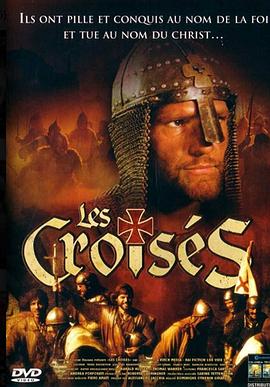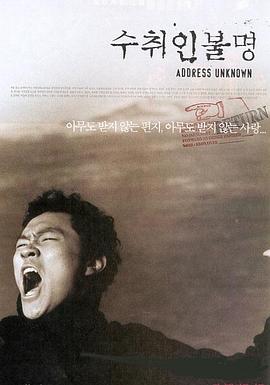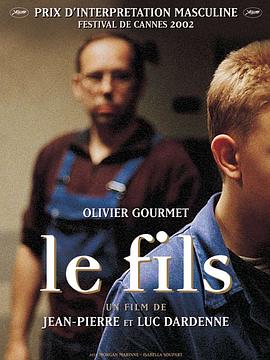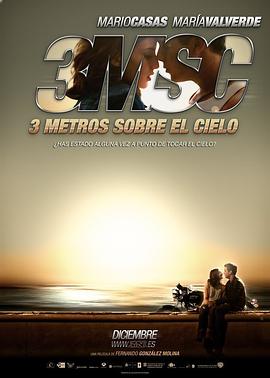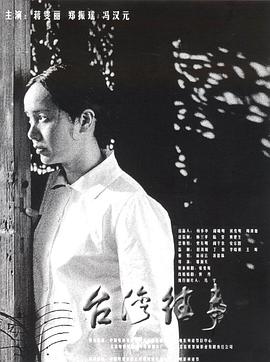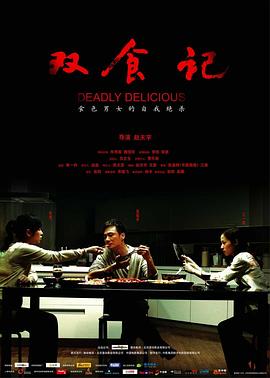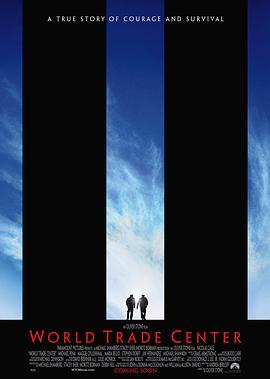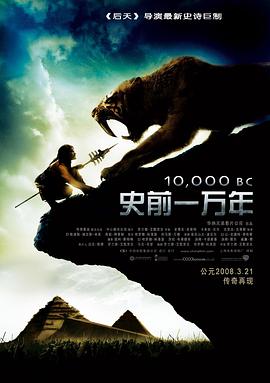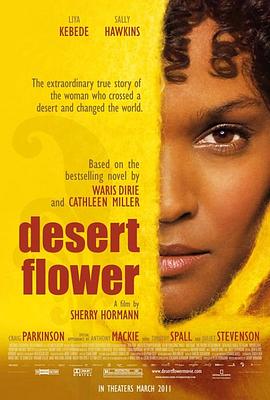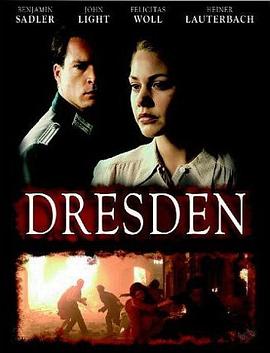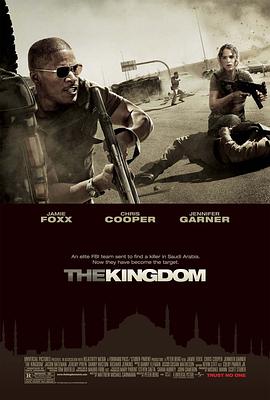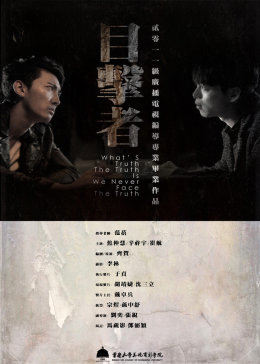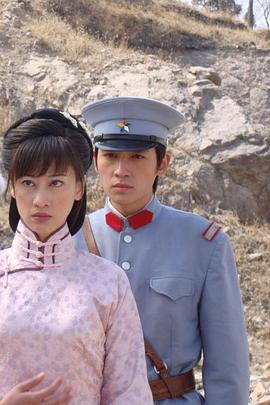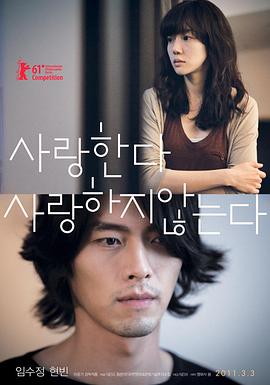- 正在播放《欧洲的某个地方》HD中字 - ffm3u8
- 提醒不要轻易相信视频中的任何广告,谨防上当受骗
- 技巧如遇视频无法播放或加载速度慢,可尝试切换播放节点或者切换解析
- 收藏露天影视网址:www.kbgys.com / www.kbgys.com ,记得收藏哟~
剧情:
Somewhere in the remote region, the war ends. In the midst of ruined cities and houses in the streets, in rural hamlets, everywhere where people still live, are children who have lost their homes and parents. Abandoned, hungry, and in rags, defenseless and humiliated, they wander through the world. Hunger drives them. Little streams of orphans merge into a river which rushes forward and submerges everything in its path. The children do not know any feeling; they know only the world of their enemies. They fight, steal, struggle for a mouthful of food, and violence is merely a means to get it. A gang led by Cahoun finds a refuge in an abandoned castle and encounters an old composer who has voluntarily retired into solitude from a world of hatred, treason, and crime. How can they find a common ground, how can they become mutual friends? The castle becomes their hiding place but possibly it will also be their first home which they may organize and must defend. But even for this, the price will be very high. To this simple story, the journalist, writer, poet, scriptwriter, movie director, and film theoretician Béla Balázs applied many years of experience. He and the director Géza Radványi created a work which opened a new postwar chapter in Hungarian film. Surprisingly, this film has not lost any of its impact over the years, especially on a profound philosophical level. That is to say, it is not merely a movie about war; it is not important in what location and in what period of time it takes place. It is a story outside of time about the joyless fate of children who pay dearly for the cruel war games of adults. At the time it was premiered, the movie was enthusiastically received by the critics. The main roles were taken by streetwise boys of a children's group who created their roles improvisationally in close contact with a few professional actors, and in the children's acting their own fresh experience of war's turmoil appears to be reflected. At the same time, their performance fits admirably into the mosaic of a very complex movie language. Balázs's influence revealed itself, above all, in the introductory sequences: an air raid on an amusement park, seen in a montage of dramatic situations evoking the last spasms of war, where, undoubtedly, we discern the influence of classical Soviet cinematography. Shooting, the boy's escape, the locomotive's wheels, the shadows of soldiers with submachine guns, the sound of a whistle—the images are linked together in abrupt sequences in which varying shots and expressive sharp sounds are emphasized. A perfectly planned screenplay avoided all elements of sentimentality, time-worn stereotypes of wronged children, romanticism and cheap simplification. The authors succeeded in bridging the perilous dramatic abyss of the metamorphosis of a children's community. Their telling of the story (the scene of pillaging, the assault on the castle, etc) independently introduced some neorealist elements which, at that time, were being propagated in Italy by De Sica, Rossellini, and other film artists. The rebukes of contemporary critics, who called attention to "formalism for its own sake" have been forgotten. The masterly art of cameraman Barnabás Hegyi gives vitality to the poetic images. His angle shots of the children, his composition of scenes in the castle interior, are a living document of the times, and underline the atmosphere and the characters of the protagonists. The success of the picture was also enhanced by the musical art of composer Dénes Buday who, in tense situations, inserted the theme of the Marseilaise into the movie's structure, as a motive of community unification, as an expression of friendship and the possibility of understanding. Valahol Europaban is the first significant postwar Hungarian film. It originated in a relaxed atmosphere, replete with joy and euphoria, and it includes these elements in order to demonstrate the strength of humanism, tolerance, and friendship. It represents a general condemnation of war anywhere in the world, in any form.
收起
相关影片
2001
剧情片
其它
故事发生在十一世纪末期,为了对抗占领了圣城耶路撒冷的撒拉逊人,罗马教皇组织了一支十字军。理查德(约翰内斯·波兰特 约翰内斯·波兰特 Johannes Brandrup 饰)、皮特(亚利桑德罗·加斯
HD中字|国语
2001
剧情片
韩国
HD中字
2002
剧情片
其它
HD中字
2010
剧情片
西班牙
HD中字
2004
剧情片
大陆
HD国语
2008
剧情片
大陆
HD国语
2006
剧情片
美国
尼古拉斯·凯奇 玛丽亚·贝罗 康勒·帕奥罗 摩根·弗林恩 迈克尔·佩纳 阿曼德·里斯科 杰伊·埃尔南德斯 乔·博恩瑟 尼克·丹米奇 祖德·塞克利拉 内德·艾森伯格 尼古拉斯·特图罗 丹尼·努齐 马克·埃利奥特·威尔逊 托妮·赛普里斯 汤姆·怀特 艾德·朱厄特 玛吉·吉伦哈尔 布拉德·威廉姆·亨克 帕蒂·达班维尔 唐纳·墨菲 尼基·凯特 金伯利·斯科特 格里格瑞·贾巴拉 迈克尔·珊农 乔丹·拉戈 沃斯·史蒂文斯 皮特·麦克罗比 多罗蒂·林曼 朱莉·亚当斯 杰·阿克沃内 阿瑟·J·纳斯加勒拉 威廉·麦鲍瑟 斯
本片是以美国“911”事件为背景的灾难片,故事重现了当时那场突如其来的灾难。9月11日的一个美妙清晨,消防总署突然警铃大作,接到世贸中心遭到恐怖袭击而倒塌的消息后,消防警员约翰·迈克洛林(尼古拉斯
HD中字
2008
剧情片
大陆
HD国语
2008
剧情片
美国
HD中字
2009
剧情片
英国
索亚那·奥马尔-斯切戈 Idriss Abdillahi Houfaneh Awa Saïd Darar Roun Daher Aïnan Osman Aden Dalieg 莉亚·科贝德 莎莉·霍金斯 梅拉·沙尔 Anna Hilgedieck Lucrezia Phantazia 克雷格·帕金森 马特·考夫曼 蒂莫西·斯波 Prashant Prabhakar 安东尼·麦凯 提姆·塞菲 特蕾莎·邱吉尔 Eckart Friz 茱丽叶特·斯蒂文森 奈杰尔·贝茨 阿纳斯塔西娅·希尔
华莉丝(莉亚•科贝德 Liya Kebede 饰)出生在索马里的沙漠和母亲过着游牧民族的生活。在三岁时,华莉丝按照索马里习俗就被施以女性割礼。十二岁时父亲为了得到五头骆驼,要将华莉丝嫁给六十岁的老
HD中字
2006
剧情片
其它
HD中字
2007
剧情片
美国
杰米·福克斯 克里斯·库珀 詹妮弗·加纳 杰森·贝特曼 阿什拉夫·巴姆 阿里·苏莱曼 杰里米·皮文 理查德·詹金斯 蒂姆·麦格罗 凯尔·钱德勒 弗兰西丝·费舍 丹尼·赫斯顿 凯利·奥科 安娜·迪佛·史密斯 敏卡·凯利 艾米·汉特 Tj Burnett 奥马尔·贝尔杜尼 拉德·罗伊 Hezi Saddik 乌瑞·加夫利尔 汤姆·布雷斯纳汉 Yasmine Hanani 特雷弗·圣约翰 艾什丽·斯科特 Hope Fogle Damian Foster 布莱恩·马霍尼 Kavita Parbhakar 赫拉奇·
沙特阿拉伯首都利雅得,密集的枪声和巨大的爆炸声撕裂了高档住宅区的宁静。针对西方人的恐怖袭击导致上百人死亡,甚至联邦特工人员也在混乱中丧生。这一事件使原本矛盾重重、暗流涌动的国际局势再次紧张起来。F
HD中字
2015
剧情片
中国
HD国语
2009
剧情片
大陆
HD国语
2011
剧情片
大陆
HD国语

